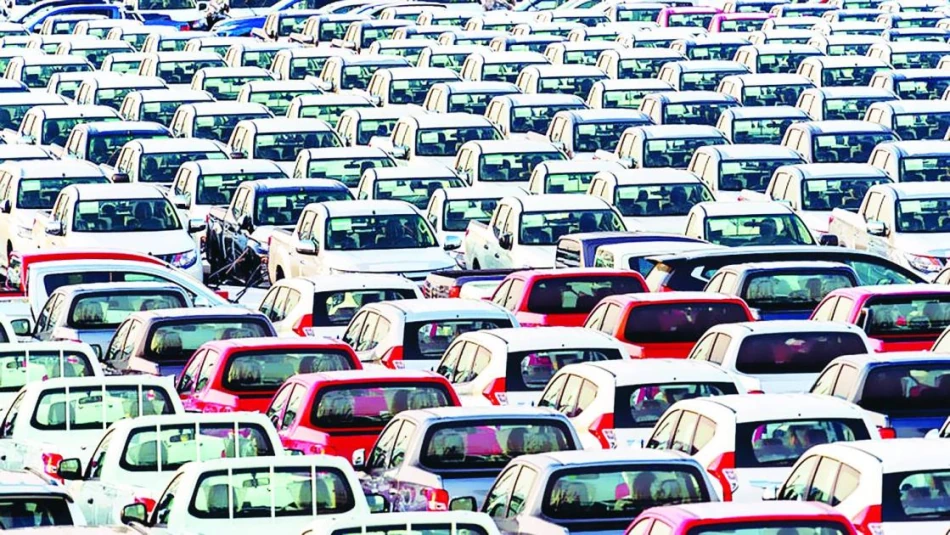
Vehicle Auctions Offer Up to 25% Savings on Market Prices
Car auctions in the UAE are booming, with experts reporting that buyers can save up to 25% compared to local market prices. But here's the catch - professional buyers regret their purchases only 20% of the time, while individual buyers face a 50% regret rate. The difference comes down to experience and understanding what you're really buying.
Both traditional and online car auctions have gained serious traction in the Emirates over recent years. These platforms attract individual buyers and dealers alike, creating a vibrant marketplace that expands ownership opportunities beyond conventional dealerships.
The savings potential is real. Mohammed Zahid bought a personal car at auction for 26,000 dirhams, spent 5,000 dirhams on repairs, and ended up with a total cost of 31,000 dirhams - still 15% less than market price. But not everyone gets lucky. Youssef Yassin discovered through pre-purchase inspection that a car he was considering had suffered major damage and was previously sold at a 2024 auction, despite clean online records.
Sebastian Fox, Managing Director of Digital Products and Services at Auto Data Middle East, explains the core challenge: "Inspection reports often lack sufficient technical details, making it difficult to accurately estimate repair costs, especially for buyers without technical expertise."
The numbers tell the story. Around 24,600 cars are listed monthly across major UAE platforms. Gulf-spec vehicles make up 34% of listings, while American imports account for just 5%. The problem? A full 60% of listings don't specify the vehicle specifications, making buyer decisions harder.
Online auctions offer easier access and greater variety, but they require understanding inspection reports and calculating post-purchase costs including repairs, shipping, and customs clearance. The extended bidding mechanism can also catch buyers off guard if they're not paying attention.
Car dealer Omar Ismail sees auctions as profitable opportunities that support market activity. "I've bought several cars from electronic auctions and faced problems after purchase that weren't initially apparent," he says. "The risk is that vehicles are sold as-is, and you rely only on photos and preliminary inspection, which doesn't show all defects."
Maintenance engineer Mohammed Mahfouz warns that auction cars are typically sold "as-is" without mechanical guarantees. Buyers often discover undisclosed problems after import, including engine or transmission issues, complex electronic problems, and corrosion in flood or fire-damaged vehicles.
Government-linked auctions tend to be most reliable, featuring fleet or impounded vehicles with limited use, typically under 5 years old or 100,000 kilometers. Online auction reliability depends heavily on technical report accuracy.
Car expert Ibrahim Abu Zikra notes that while auction prices can be 25% below market rates, this gap narrows when factoring in repair, shipping, and clearance costs. Traditional auctions remain relatively safer since buyers can physically inspect vehicles and interact with offers directly.
For those considering auction purchases, experts recommend checking vehicle serial numbers through platforms like AutoCheck, conducting thorough visual inspections, and setting comprehensive budgets that include auction fees, shipping, customs, and expected repair costs with a 20-30% safety margin. Most importantly, avoid flood or fire-damaged vehicles regardless of low prices - repair costs are typically high and results uncertain.
Most Viewed News

 Omar Rahman
Omar Rahman






